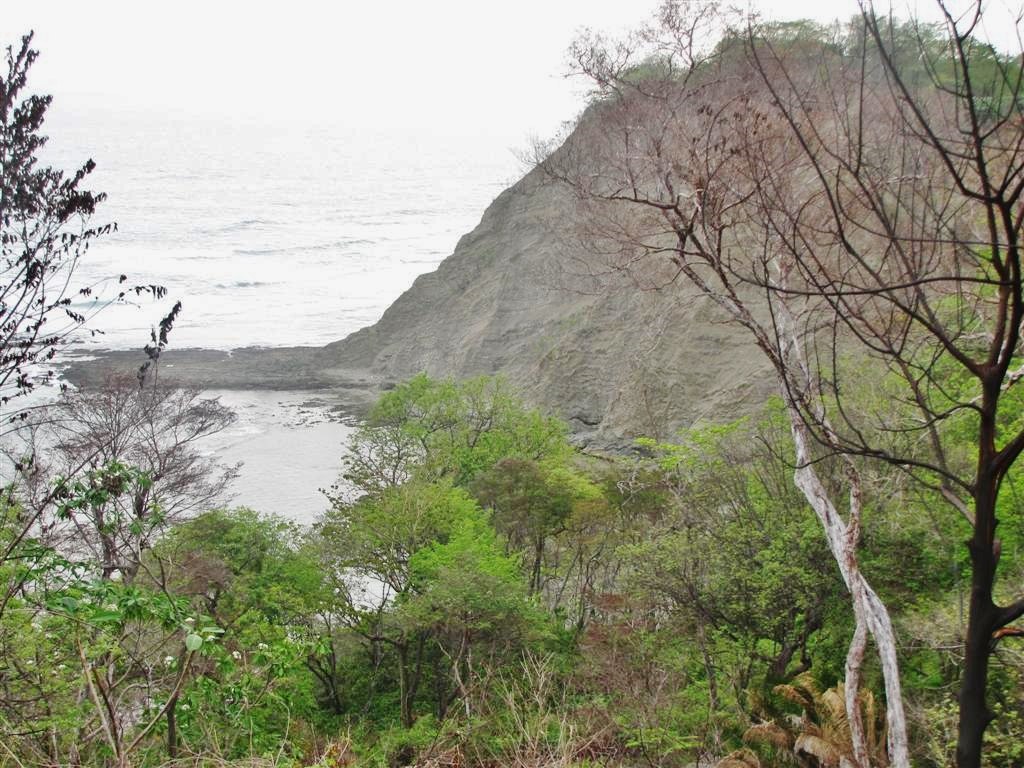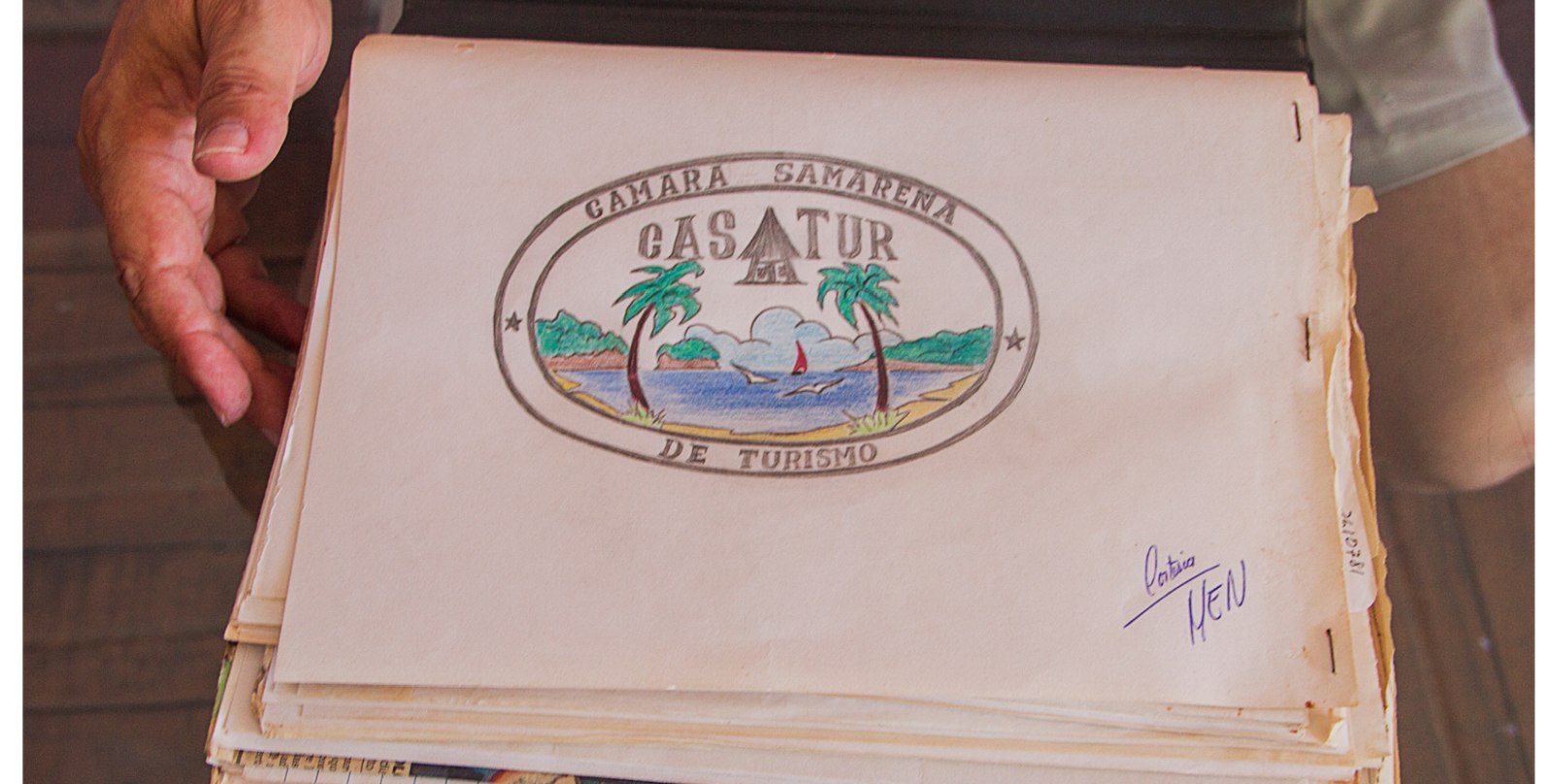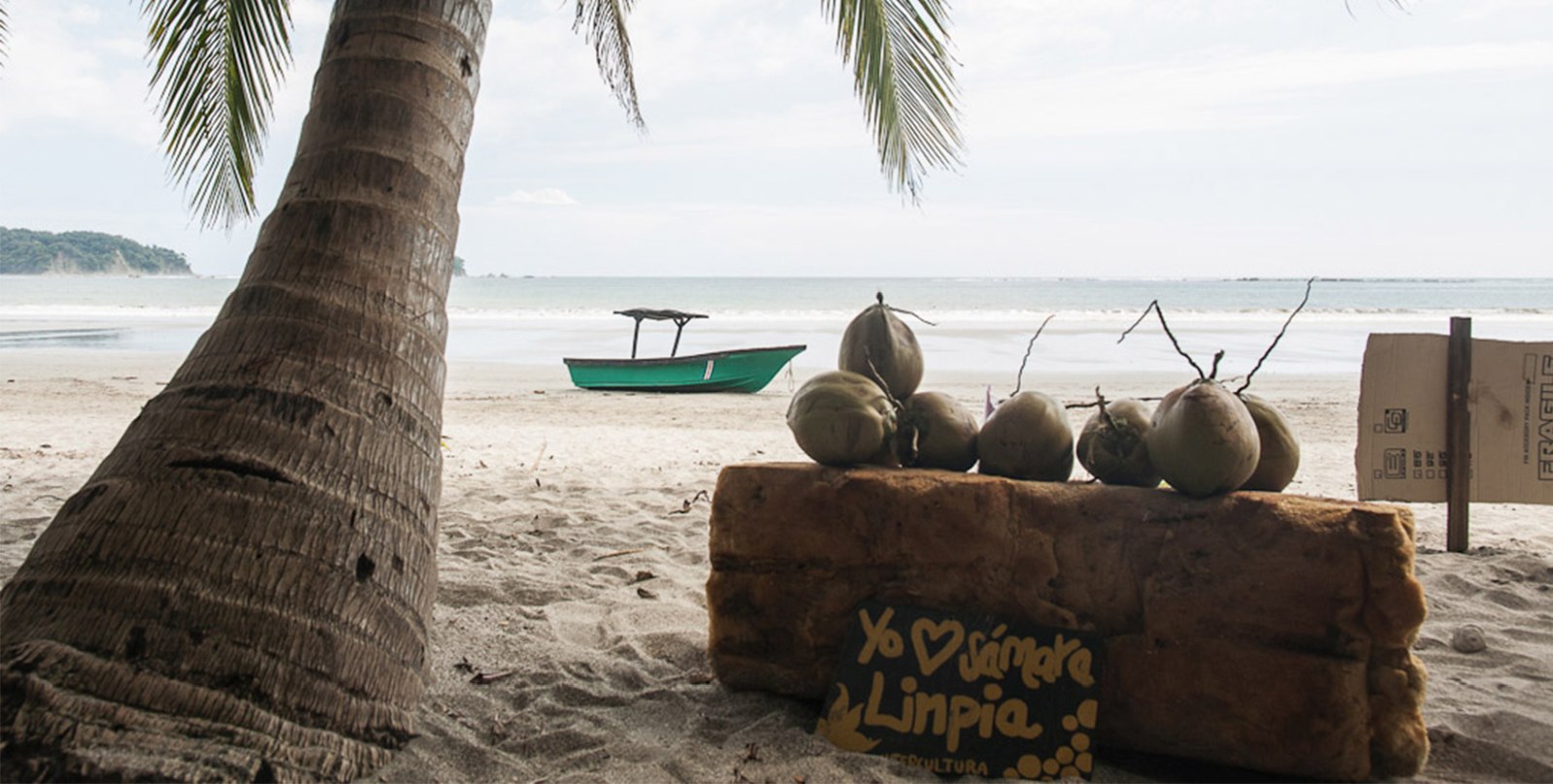
On March 6, the Administrative Contentious Court ruled on a case filed by Marco Vinicio Alvarez Rodriguez, whose family owns property in Samara, against the state and the National System of Areas of Conservation (SINAC), recognizing that the Cangrejal Hill at the north end of Samara beach is part of the maritime land zone and therefore national heritage.
As such, the court ordered that the hill should be administered by the Ministry of Environment, Energy and Telecommunications (MINAET) through SINAC and should therefore be registered to the state according to article 13 of the Forestry Law.
The court ordered SINAC to put signs up and mark the hill as state property and to initiate judicial procedures to evict any invadors. The decision also specifies that steps should be taken by the Tempisque Area of Conservation (ACT) of MINAET to restore the ecosystem that has been damaged and states that people should abstain from cutting trees, roots, branches or vegetation, burining, making roads or paths, chopping, contaminating, planting nonnative species. or building any sort of structure.
However the decision is not yet firm as it must first pass through the appeals process. Gerardo Martinez Muñoz, head of the subregional office of MINAET in Nicoya, affirmed that he is aware of the case but that they haven’t yet received any official notification of the ruling. For the past two years, Martinez said they have been visiting the hill monthly to inspect and report damages to the contentious court as cautionary measures.
Over the years, neighbors have cut down trees from the hill when they need wood and have planted teak, bamboo, plantains, corn and other items. “We don’t know who did it,” Martinez said, and he estimated that it would take more than 20 years for the forest to recover.
Marco Alvarez Rodriguez, who filed the lawsuit, noted that it is almost impossible to catch people in the act of cutting or burning on the hill as they tend to do it on weekends or at night. He also noted that a portion of the hill was sold. About two and a half years ago, he decided action needed to be taken beyond filing complaints with MINAET, so he filed the lawsuit. He said the decision issued in March is very favorable but it has been appealed by SINAC, MINAET and the attorney general. “They are fighting to buy time. It’s ridiculous, but it’s what they’re doing,” he asserted.
He estimated that this could stall action for three months or up to a year, although he said they are pushing to get a court hearing as soon as possible.
The Voice contacted Oscar Romero Aguilar, legal advisor for SINAC, by phone and email to inquire about the appeal and he agreed to respond but as of the close of this edition, he had not provided an official statement.
The Man Who Owns Part of the Hill
A section of the hill is registered to Transportes Duarte Garcia Hermanos S.A, represented by Francisco Duarte Garcia, who agreed to take The Voice on a tour. He said he has had a title to about three hectares of land in Cangrejal since 1979, part of which extends up the hill. He made and maintains a road up the hill, as well as terraces, with the idea of one day building a house up there. He has also planted a variety of trees and he plans to plant more.
As we walk, he gripes about how many delincuents have moved into the maritime zone in Cangrejal and points out garbage that has been thrown onto the property, which he has to clean up. As we pass through a gate, he points out where someone hacked at his fencepost with a machete and farther up the hill shows some rotting wood logs left behind by someone who cut them down to use as post. He also points out parts of trees that have been cut off and shows a section of his property that someone set on fire, burning mostly decorative plants but also some trees. He says the burning took place in April on a day when he had gone to San Jose, and he has no idea who did it.
Duarte affirmed that landowners with properties adjoining the maritime zone have an obligation to protect it, and he feels that he has been doing just that. When asked how he feels about the court decision, he said that on the one hand he is in agreement, but on the otherhand he noted that it could hurt his economic interests if it prevents him from building on the hill.







Comments